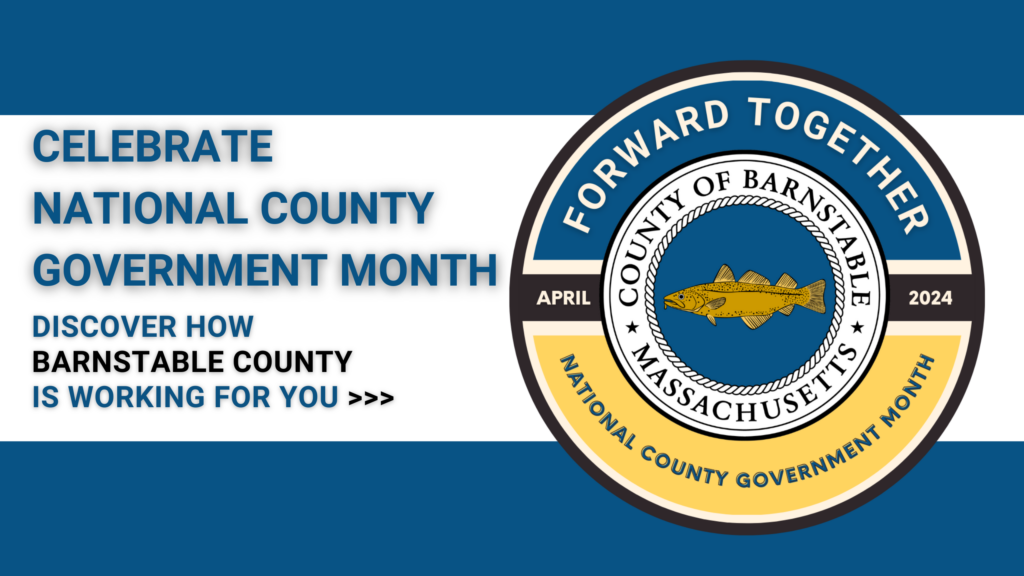
DMH: Early Childhood Mental Health is Key to Prevention
According to the Department of Mental Health, promoting infant and early childhood mental health is gaining traction and funding both nationally and in Massachusetts. Research shows that the first signs of mental illness often occur in childhood. Half of all lifetime mental illness begins by age 14. It is estimated that between nine and 14 percent of children from birth to 5 years of age experience social and emotional problems that negatively affect their early learning, social interactions, and family well-being. The Department of Mental Health Child and Adolescent Services, in partnership with other state agencies and early childhood professionals, is working on several fronts to increase early identification and improve treatment for children with mental health issues.
Many of the current early childhood efforts started with a Race to the Top (RTTT) Early Challenge Grant from the U.S. Department of Education that was awarded to the Massachusetts Department of Early Education and Care (EEC) in 2012. DMH is one of several state partners working with EEC to create a more comprehensive approach to early learning and development for young children from birth through school age. The RTTT grant supports several DMH activities to strengthen existing foundations of early childhood mental health systems and supports, some of which are described below. The Department’s involvement has provided an unprecedented opportunity to strengthen the early identification of behavioral and emotional challenges in young children across health, mental health, and early education domains.
DMH funds and is working with Massachusetts Child Psychiatry Access Project (MCPAP), described in the October edition of DMH Connections, to enhance pediatricians’ capacity to address early childhood mental health issues in primary care. A survey conducted in 2013 by DMH and MCPAP found that pediatricians are struggling to help parents reduce disruptive behaviors of their 3 to 6 year olds. To address this need, MCPAP is training clinicians who work in primary care settings in Triple P (Positive Parenting Program), an evidence based intervention for helping parents of pre-school children develop skills and confidence to handle their child’s challenging behaviors. Triple P is a widely used and tested program that was developed in Australia more than 30 years ago and adopted successfully worldwide and throughout this country. This cost effective program consistently demonstrates reduced problem behaviors in children along with high parent satisfaction. Forty clinicians affiliated with 28 primary care practices have been trained and are implementing the intervention. By spring, an additional 20 clinicians will be trained and ready to implement in other primary care practices.
To increase the capacity of early childhood education professionals to understand and recognize mental health issues in young children, DMH designed and delivered a series of statewide trainings on infant and toddler early childhood mental health to 1000 educators. And to increase capacity within the children’s mental health system, DMH is designing and plans to deliver an intensive three-day training series for 60 In-Home Treatment (IHT) supervisors within the MassHealth Children’s Behavioral Health Initiative (CBHI) service system. DMH also provides technical assistance to EEC’s Early Childhood Mental Health Consultation network which provides mental health services in child care and family based centers.
Collaborations are underway with the Professional Advisory Committee (PAC) on Child and Adolescent Mental Health and the Infant Early Childhood Interagency Systems Workgroup of state agencies to address models of care and financing mechanisms that improve access to early childhood mental health services and supports.
DMH will continue to provide leadership and guidance to increase the clinical capacities of providers and clinicians across health and mental health systems in the early identification and treatment of young children and their families.



